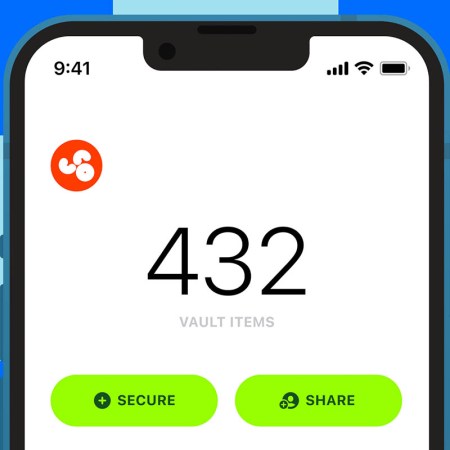Somewhere along the way, passwords became a big business all their own. Password managers have emerged as a distinctive industry, while data breaches can make even the cleverest of passwords vulnerable to the efforts of hackers. While the idea of setting a password once for a specific account and then letting it be for several years sounds appealing, it’s also one with more than a few flaws in 2021 — and one that ignores the presence of malicious hackers looking for personal data, opportunities for fraud or some combination of the two.
Take these security concerns and combine them with an online environment where you may well have a growing number of passwords to manage; the conditions are there for a kind of perfect storm. And it begs the question — what does the platonic ideal of an online password look like?
Writing at The Observer, Robin McKie explored a recent announcement from the United Kingdom’s National Cyber Security Centre. The agency argued that a lot of what’s held to be true when it comes to passwords might not hold up. Among their findings, McKie writes, are that “more complex passwords can be ineffective as their makeup can often be guessed by criminals using specialist software.”
The NCSC’s announcement recommends the use of a password manager. In lieu of that, though, the agency also suggests that people use passwords made up of three random words. It’s a strategy the agency has recommended for several years now. Why? As they describe it, it’s an easy way to come up with a password that’s both easy to remember and relatively complex.
McKie’s article notes that online fraud has increased 70% during the pandemic — all of which suggests that the urgency connected to secure online passwords is growing.
Thanks for reading InsideHook. Sign up for our daily newsletter and be in the know.


















